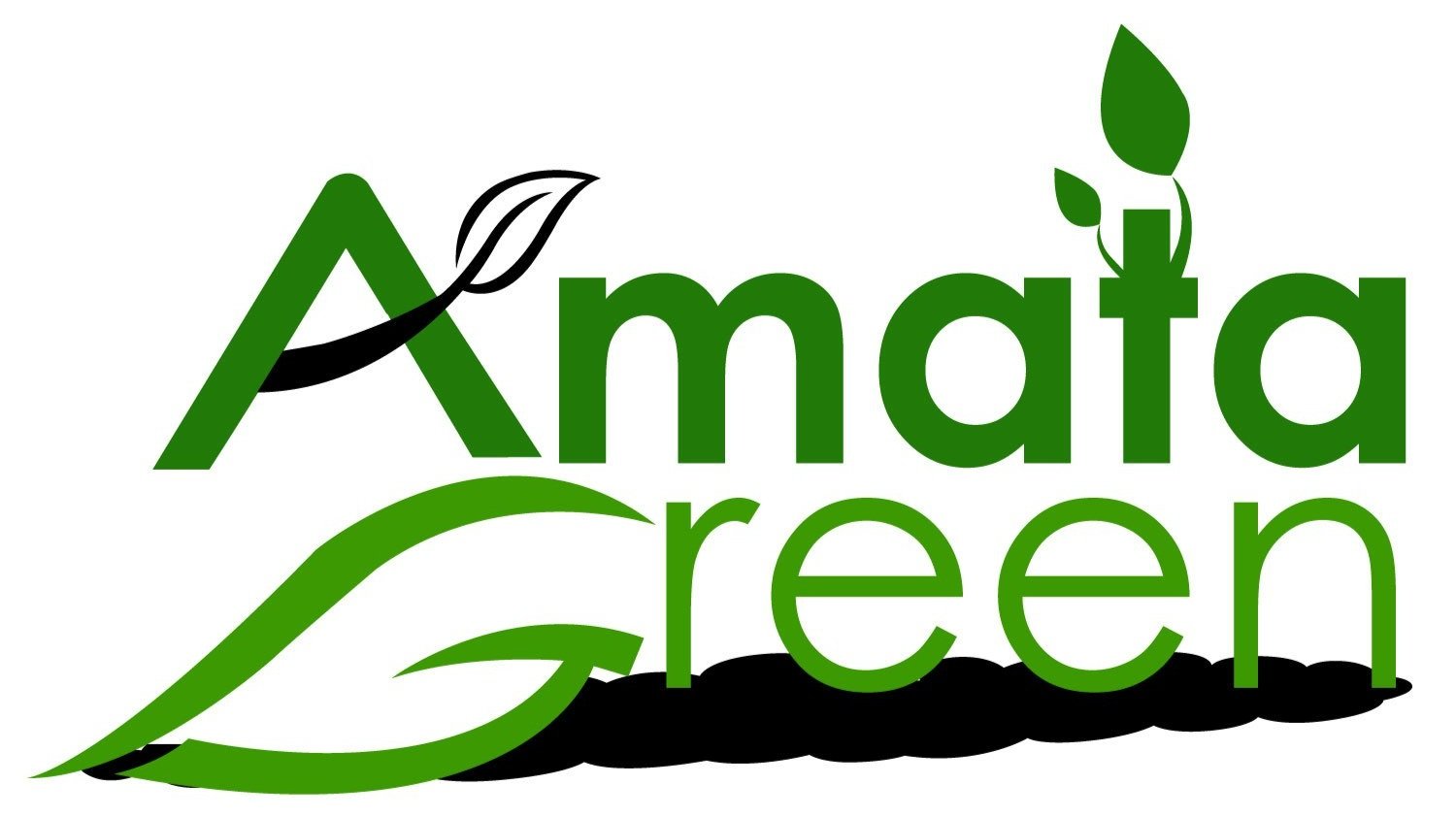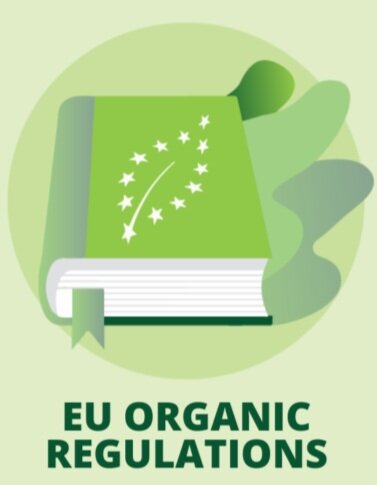Certifying Organic Foods in the EU
Organic farming in Europe is a growing market spurred by consumer interests to promote sustainable and healthy agricultural practices. Over the last decade organic farming has expanded, almost doubling in size, now accounting for 7.5% of the total agricultural use area of Europe. The growth of the organic agricultural industry has seen boosts from EU policy including the recent endorsement of the EU Biodiversity Strategy for 2030 which sets a goal to organically farm 25% of Europe's agricultural land by 2030. Fostering growth in the organic farming industry requires public trust which is promoted through the EU’s strict organic regulation and labeling requirements, applying to every portion of the organic supply chain. For farmers and businesses interested in entering the organic supply chain the process of becoming certified organic can be confusing due to differing area requirements, but this process is worthwhile due to the potential of entering the lucrative market of organic farming.
The EU first established organic production regulations with the adoption of EC No. 2092/91. This regulation established how agricultural products and foods must be grown to allow for organic certification. These standards, followed by EU member states for organic products, included prohibitions of GMOs, synthetic fertilizers, and other food additives. It also established standards such as crop rotation and use of cover crops to provide health to the agricultural system in which the products are grown. These standards coincided with the choice of member states to establish their own organic certification systems through either private, public, or hybrid accreditation authorities. Later, this law would be repealed and replaced by EC No. 843/2007 which attempted to simplify and create clarity within the European organics system. Importantly, the revised regulations required member states to establish competent certifying authorities and mandated compliance checks for producers with organic certification. Later, EC No. 889/2008 and EC No. 2016/673 established detailed rules for the implementation of these regulations and amended regulations regarding organic production and labelling of organic products. Overall, while these regulations establish specific guidelines for organic production throughout Europe, it is up to the specific member states to establish certifying authorities and to decide on procedure for certification.
In Spain, where the creation of certifying authorities is left to the autonomous communities, the procedure for certification differs by region. While a majority of the autonomous communities have chosen to opt for public certification, a minority of communities have chosen either hybrid or private systems for certification. Andalusia, accounting for 51.3% of total organic farming land area in Spain, has opted for a private system for organic farming certification. Generally, opting for a private system is done to avoid bureaucracy and allow for smoother management as opposed to public systems but, it does lead to some mistrust, as denying certification may lead to losing a client for private certifiers.
The leading certifiers of Analucia, where much of organic produce is exported to central Europe, are the CAAE and Sohiscert. Both follow the same procedure, beginning with an application for certification where farmers provide information on farming operations and product handling to prove compliance with the controlling EU regulations. This follows with payment and a technical review of the application, including potential corrections and requests for additional information. Then, inspection is conducted on the farm and, depending on whether there are favorable findings, a decision is made for certification allowing for marketing of the product as organic following a conversion period. The product then can be sold with organic labeling which includes the certifier’s label and the EU organics label.
For those interested in entering the organic market as producers of organic fertilizers, feed additives or plant protection products, the process is much more restricted. The controlling EU organic regulation does not allow for organic certification for products to be used in organic production. These products must be authorised by the commission in accordance with the objectives of the regulation which then allows for their use. The currently authorised products are found in Annex I and II of EC No. 889/2008. Under Article 16 of EC No. 834/2007 the commission can authorise new products after a request by a EU member state. Once authorised the composition of the product can differ between member states but it still must comply within the specific regulatory guidelines. Of course, the product's use also relies on whether the specific member state also authorizes its use in agriculture. Although the use of authorized products is restricted to what has been established by the Commission, there are new products that are regularly added to this list through amendments. For example, in 2019 an implementing regulation was signed that added biochar to the list of authorized products that can be used for organic farming.
The strengthening of public interest in organic farming has made it a perfect time for farmers and producers to take advantage of the growing market while also playing a part in creating healthier and more sustainable ecosystems. While entering into the organic farming business or becoming a producer of products for organic farming may seem challenging, a basic understanding of the controlling organic regulations gives helpful clarity. If you are interested in organics it is important to check-in with your local authority to find the best information on how to get started.
Author: Colin Hughes, Legal Intern at Amata Green 2020




